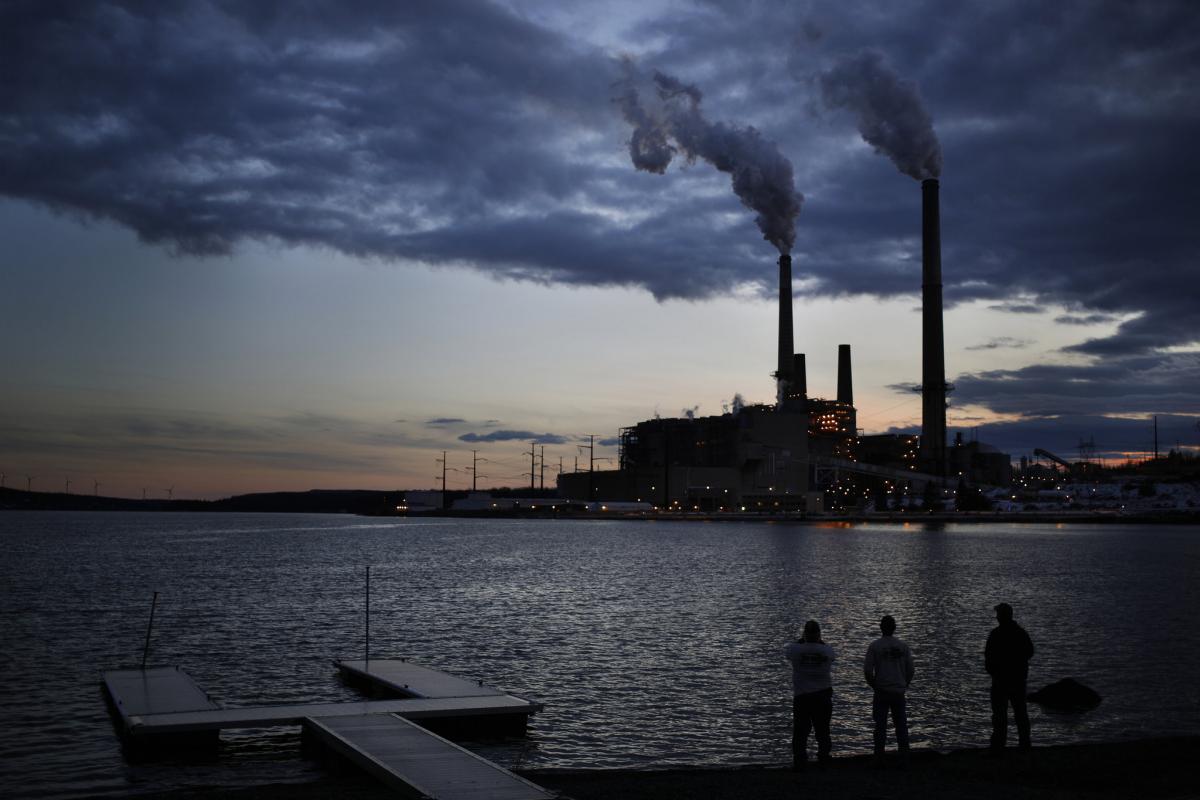
A coal-fired power station in Mount Storm, W.Va., in January. The coal industry played an instrumental role in efforts to unwind the Obama administration’s climate policies. Credit Luke Sharrett/Bloomberg
nytimes.com - by Coral Davenport and Eric Lipton - June 3, 2017
The Republican Party’s fast journey from debating how to combat human-caused climate change to arguing that it does not exist is a story of big political money, Democratic hubris in the Obama years and a partisan chasm that grew over nine years like a crack in the Antarctic shelf, favoring extreme positions and uncompromising rhetoric over cooperation and conciliation . . .
<In 2008 Senator John McCain, who had just secured the Republican nomination for President, sounded the alarm on global warming.>
. . . Since Mr. McCain ran for president on climate credentials that were stronger than his opponent Barack Obama’s, the scientific evidence linking greenhouse gases from fossil fuels to the dangerous warming of the planet has grown stronger.
(READ COMPLETE ARTICLE)
Recent Comments